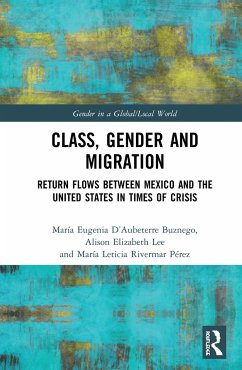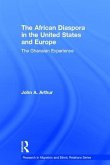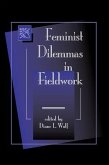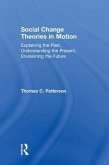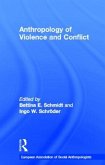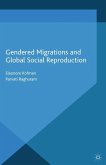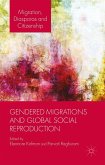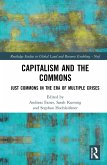Using a gender-sensitive political economy approach, this book analyzes the emergence of new migration patterns between Central Mexico and the East Coast of the United States in the last decades of the twentieth century, and return migration during and after the global economic crisis of 2007.
Based on ethnographic research carried out over a decade, details of the lives of women and men from two rural communities reveal how neoliberal economic restructuring led to the deterioration of livelihoods starting in the 1980s. Similar restructuring processes in the United States opened up opportunities for Mexican workers to labor in US industries that relied heavily on undocumented workers to sustain their profits and grow. When the Great Recession hit, in the context of increasingly restrictive immigration policies, some immigrants were more likely to return to Mexico than others. This longitudinal study demonstrates how the interconnections among class and gender are key to understanding who stayed and who returned to Mexico during and after the global economic crisis. Through these case studies, the authors comment more widely on how neoliberalism has affected the livelihoods and aspirations of the working classes.
This book will be of key interest to scholars, students and practitioners in migration studies, gender studies/politics, and more broadly to international relations, anthropology, development studies, and human geography.
Based on ethnographic research carried out over a decade, details of the lives of women and men from two rural communities reveal how neoliberal economic restructuring led to the deterioration of livelihoods starting in the 1980s. Similar restructuring processes in the United States opened up opportunities for Mexican workers to labor in US industries that relied heavily on undocumented workers to sustain their profits and grow. When the Great Recession hit, in the context of increasingly restrictive immigration policies, some immigrants were more likely to return to Mexico than others. This longitudinal study demonstrates how the interconnections among class and gender are key to understanding who stayed and who returned to Mexico during and after the global economic crisis. Through these case studies, the authors comment more widely on how neoliberalism has affected the livelihoods and aspirations of the working classes.
This book will be of key interest to scholars, students and practitioners in migration studies, gender studies/politics, and more broadly to international relations, anthropology, development studies, and human geography.
"This rich book has two integrative virtues. It uses a materialist, feminist perspective that integrates production and reproduction. And it tells a historical story of transformation, growth, decline of migration, in a narrative that integrates Mexico and the United States. Scholars will value these sophisticated perspectives." - Josiah Heyman, University of Texas at El Paso, USA
"With its rich interplay of theory and ethnographic detail, Class, Gender and Migration brings life and analytical rigour to the historical processes of economic restructuring that shape migrants' lives. Turning a penetrating gender and class lens on the linked experiences of Mexican migrants in the US and in Mexico, and the back and forth between these, it beautifully demonstrates how careful studies of migration can reveal the workings of 21st century capitalism." - Belinda Leach, University of Guelph, Canada
"With its rich interplay of theory and ethnographic detail, Class, Gender and Migration brings life and analytical rigour to the historical processes of economic restructuring that shape migrants' lives. Turning a penetrating gender and class lens on the linked experiences of Mexican migrants in the US and in Mexico, and the back and forth between these, it beautifully demonstrates how careful studies of migration can reveal the workings of 21st century capitalism." - Belinda Leach, University of Guelph, Canada

